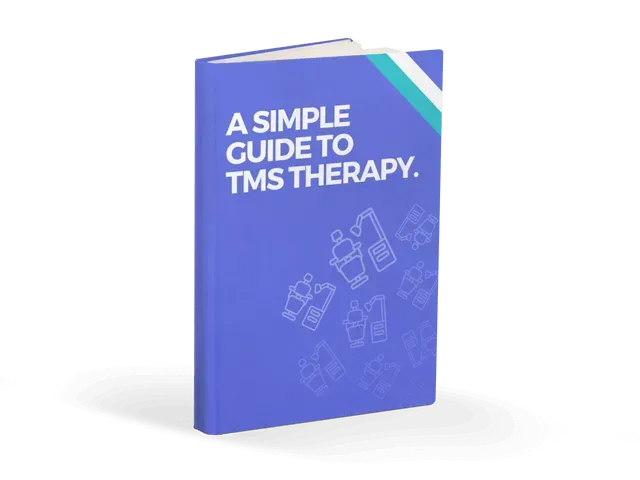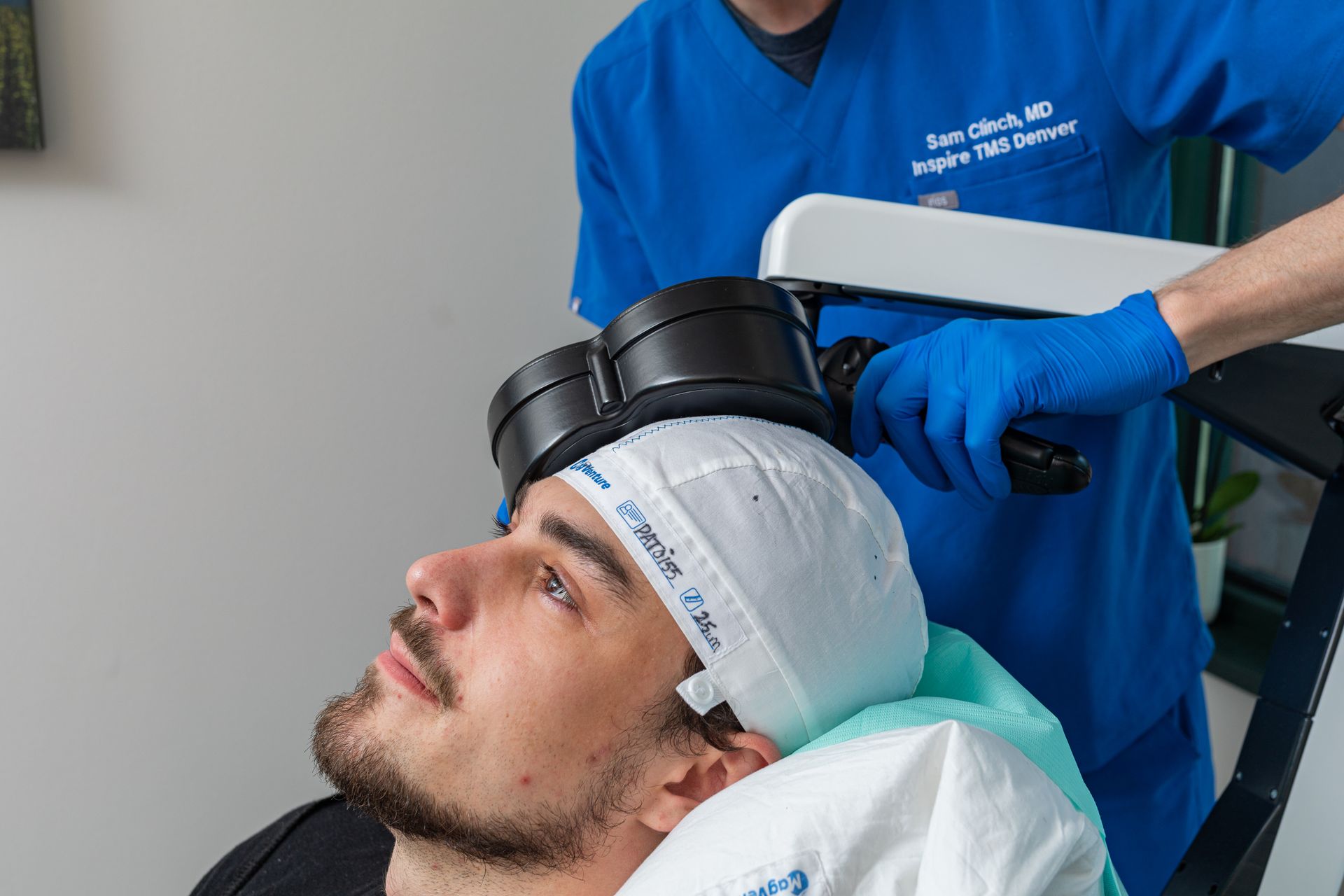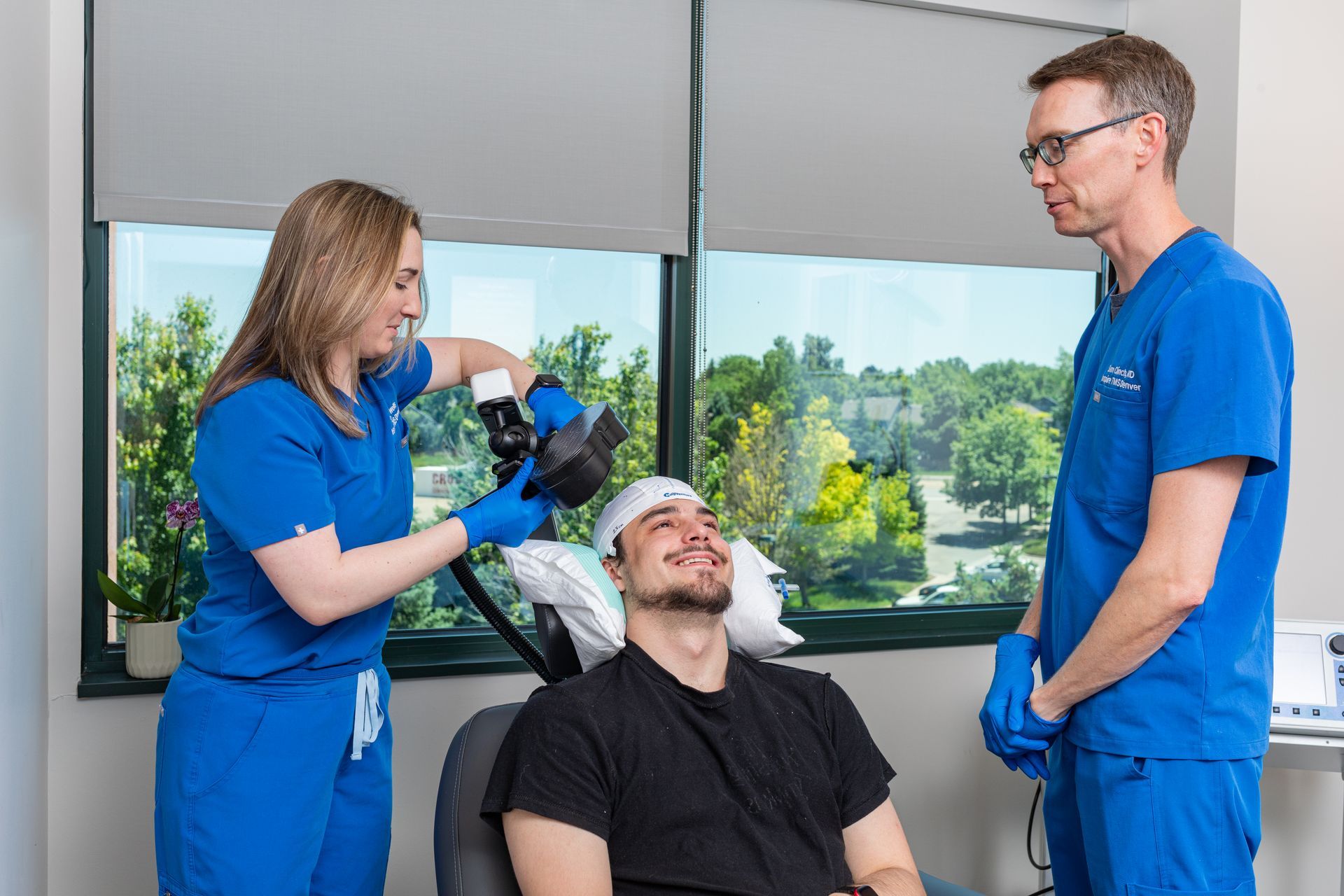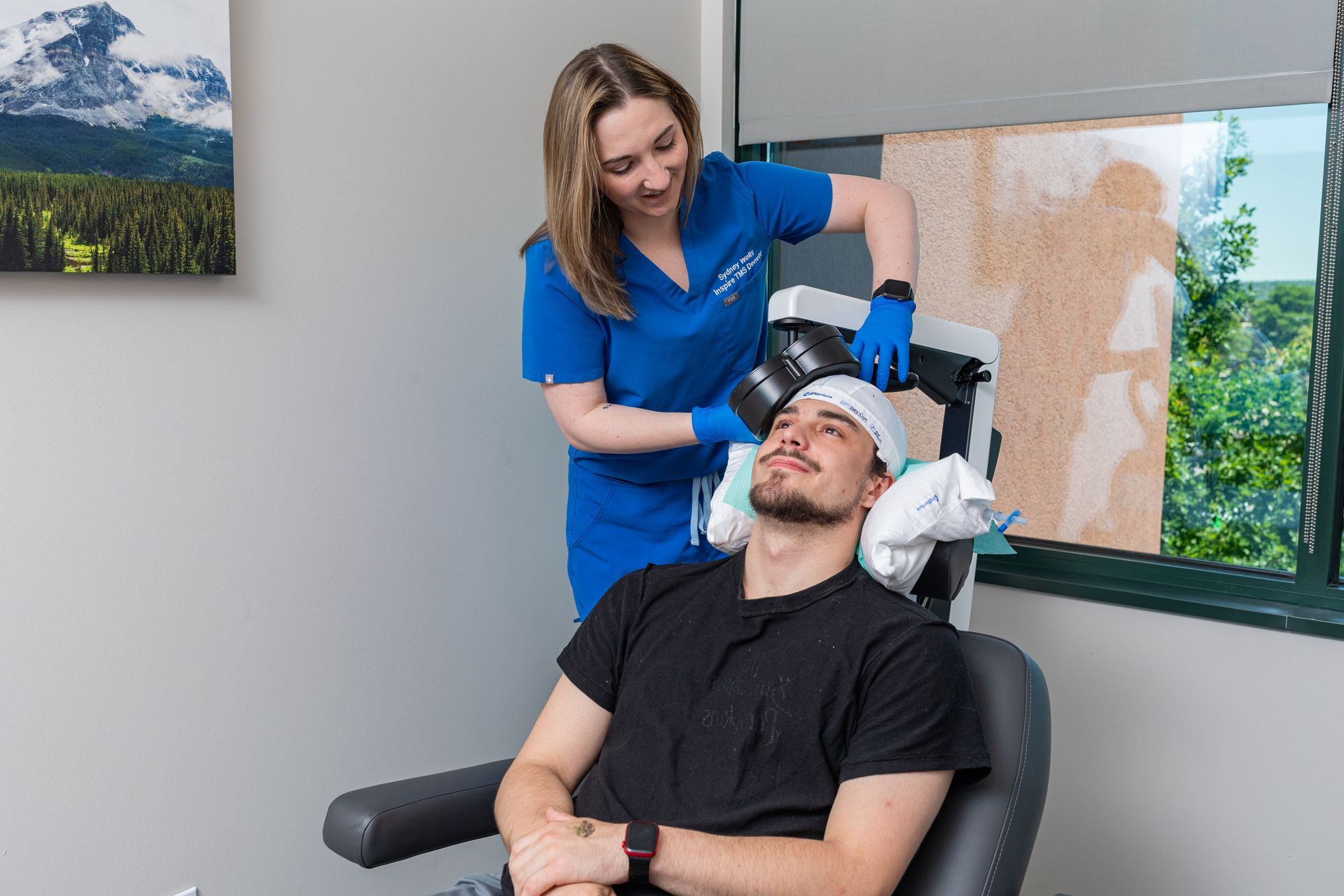What to Expect After Starting TMS Therapy

Starting TMS (Transcranial Magnetic Stimulation) therapy is an important step toward overcoming depression, anxiety, or other mental health
challenges - especially if other treatments haven’t worked. But like with any treatment, it’s normal to have questions.
Here’s what you can expect in the days, weeks, and months after starting TMS.

Not Sure If Insurance Covers TMS?
Get a personalized estimate - see if you qualify for insurance and what you’d pay without coverage.
Early Sessions: The First Week
Most patients don’t feel immediate effects. That’s completely normal.
Common Experience: It often takes 2–3 weeks before most patients begin noticing mood changes or symptom improvement.
Physical Sensations: You may feel a light tapping or clicking sensation on the scalp during treatment. Mild scalp sensitivity or slight headaches after the first few sessions are also common - and temporary.
Session Length: Treatments are short (typically 15–20 minutes) and don’t require anesthesia or downtime. You can drive yourself to and from each session.
During the Course of Treatment: Mood Shifts & Progress
Mood Fluctuations: Some patients report temporary emotional ups and downs in the first couple of weeks. This can be part of the brain's adjustment as it responds to stimulation.
When Will I Feel Better? Clinical improvements usually appear after 10–15 sessions, for some patients, sooner. If you're not feeling better by week 3, don't be discouraged.
Symptom Tracking: Your care team will regularly check in on your mood, sleep, energy, and appetite. Adjustments can be made if needed.
Side Effects: What’s Normal vs. Not
Most side effects are mild and go away within days or weeks:
| Common Side Effects | Rare Side Effects |
|---|---|
| Scalp discomfort | Lightheadedness |
| Headache after treatment | Facial muscle twitching |
| Fatigue | Anxiety spike (temporary) |
Long-Term Outlook: After the Last Session
Full Results: Maximum benefits may take 4–6 weeks after treatment ends, especially for depression and anxiety.
Ongoing Care: You’ll have follow-up visits to monitor your progress. Some patients may benefit from “maintenance sessions” or occasional touch-ups.
Medication & Therapy: TMS works well with ongoing therapy or medication - often enhancing results.
Final Thoughts
TMS is not a quick fix - but it does work for many patients who haven’t found relief through other treatments. Stay consistent, communicate with your care team, and trust the process.

Every Question Answered
Want to know more about TMS? Check out this in-depth guide to TMS therapy with transparent and easy to understand explanations about TMS processes, protocols, and treated conditions.
Latest Posts

















